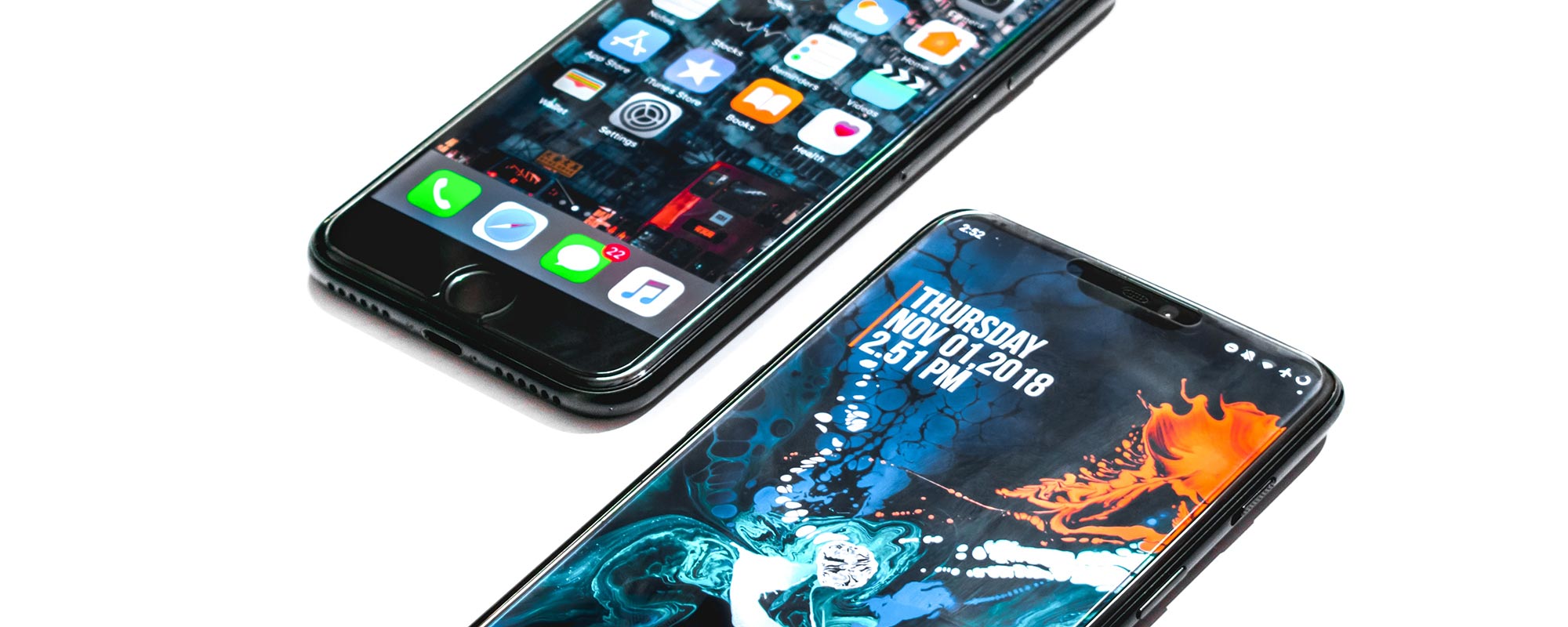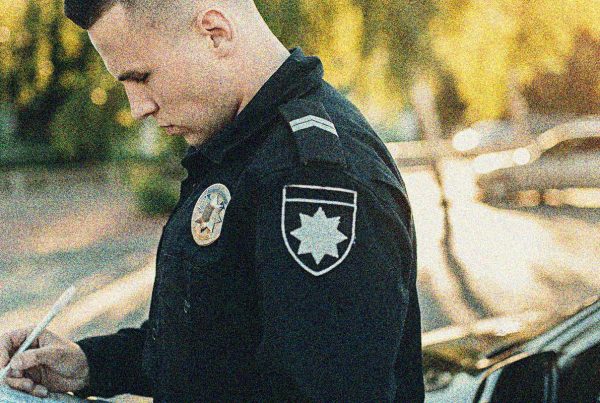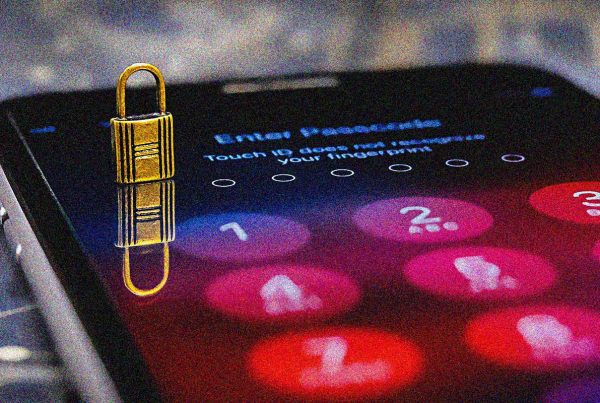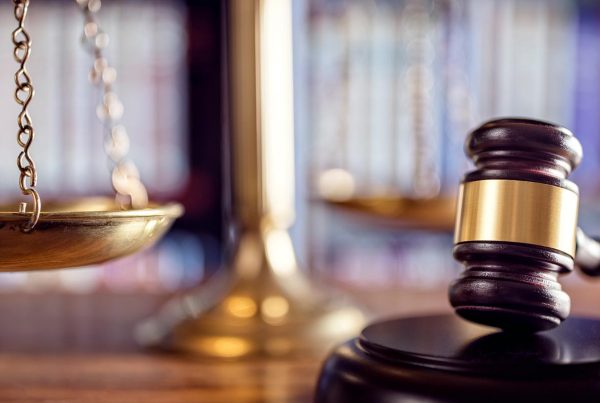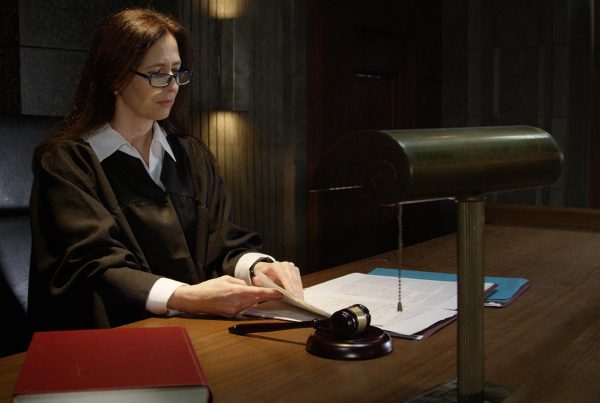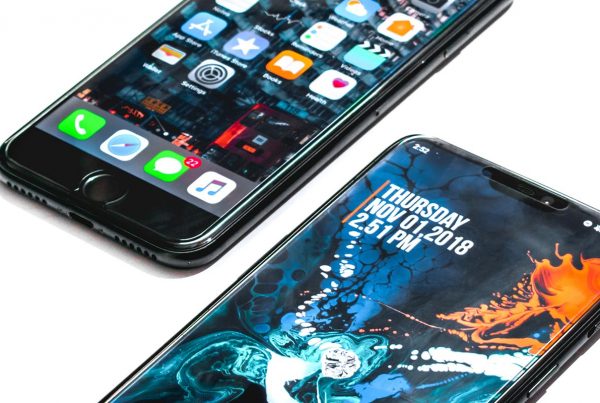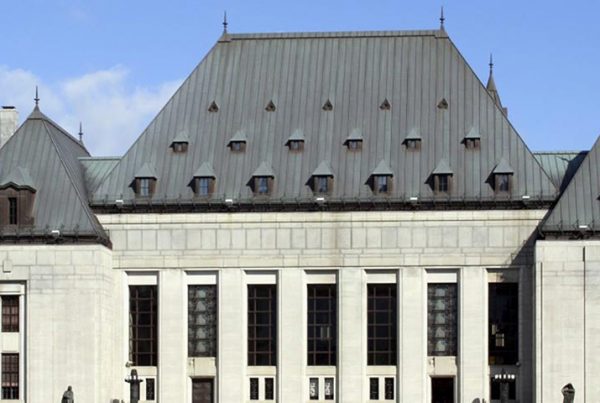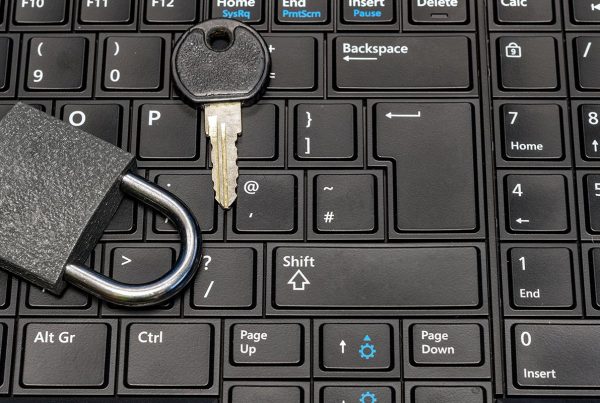The ability to control who has access to our information and our private spaces, in what circumstances, is foundational to privacy.
Search & Seizure
When we lose control over our personal information and private spaces, it impacts our human dignity and our freedom.
However, law enforcement frequently seeks access to private spaces and personal information to collect evidence and investigate crimes, and so a balance must be struck between public safety objectives and our rights. Traditionally, warrants granted by independent judges have been the primary tool for ensuring that police search powers are used appropriately and reasonably. However, this balance is constantly being challenged by changes in the law and technology.
Rapid technological changes are expanding the amount of information captured about our daily lives, and digital infrastructures make it increasingly easy to collect information about us. CCLA advocates to ensure the principled privacy protections provided by section 8 of the Charter, which prohibits unreasonable search and seizure, are appropriately extended and interpreted in the context of new technologies.
We believe that we must be vigilant to ensure that a reasonable balance is maintained, and that privacy protections remain both meaningful and effective.

Our 2018 Supreme Court Win
Can Canadians ever reasonably expect the text messages they send to remain private, even after the messages have reached their destination? Or is the state free, regardless of the circumstances, to access text messages from a recipient’s device without a warrant?
When Nour Marakah was accused of various crimes, text messages he had sent were used as evidence against him. Text messages on his phone were deemed inadmissible because using them would violate Nour’s right to be free from search and seizure; so the investigating team got an iPhone belonging to another person who had received texts from Nour, and attempted to use them as evidence.
Oral communications in Canada are protected and require a warrant to obtain, and with more and more people using texting to communicate, we argued that written communication should also be allowed the same privacy. Advancements in technology make it possible to negate privacy, but they don’t make it legal.
The Court found that there had been a breach of Marakah’s Charter rights in this case. Without those texts, he would have been acquitted and to allow the conviction to stand would be a miscarriage of justice.
The court agreed that written communications should have the same expectation of privacy as oral communications, and that violating that privacy is a breach on your charter right to be free from search & seizure.
